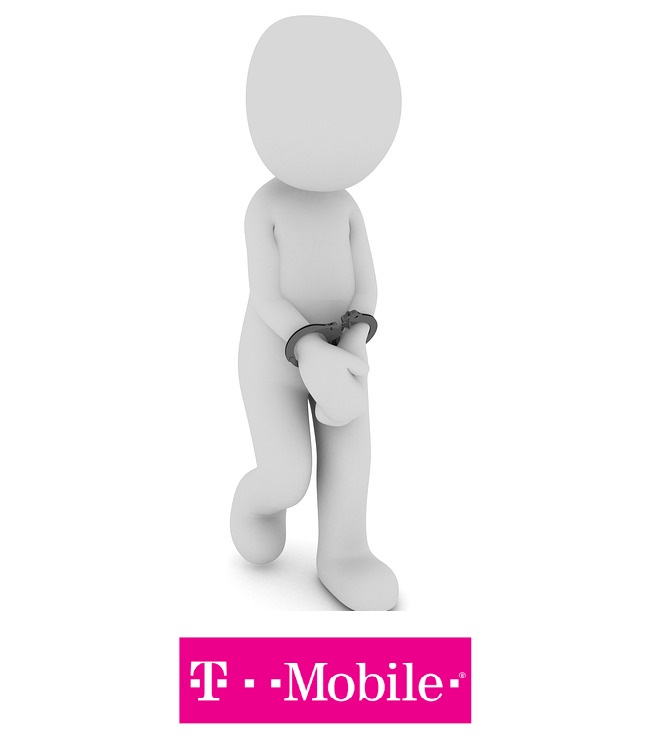FCC Grants FairPoint Request for Retroactive LSS Support For Its Rate-of-Return Affiliates
The Federal Communications Commission (FCC) has issued an Order and Declaratory Ruling which grants a request by FairPoint Communications, Inc. to correct its Eligible Recovery retroactive to January 1, 2015 and restore Local Switching Support (LSS) amounts for its rate-of-return affiliates.[1]
As part of comprehensive intercarrier compensation (ICC) and universal service fund (USF) reforms adopted in the 2011 USF/ICC Transformation Order, the FCC froze USF support for price cap carriers and their rate-of-return affiliates. This CAF Phase I frozen support included LSS. The FCC also created a transitional support mechanism, CAF ICC support, to provide partial recovery of ICC revenue that the rate-of-return carriers would lose during the transition to bill-and-keep. A carrier’s “Eligible Recovery” under CAF ICC depends in part on its 2011 interstate switched access revenue requirement, which included switching costs previously covered by LSS.
FairPoint, which has since merged with and now operates as Consolidated Communications, is an incumbent LEC that operates as a price cap carrier in three states and as a rate-of-return carrier in 15 states. FairPoint’s rate-of-return affiliates received CAF Phase I frozen support, and were eligible to participate in the CAF ICC recovery mechanism because they were treated as rate-of-return carriers for ICC purposes. To prevent them from recovering LSS twice – through frozen support and CAF ICC – the National Exchange Carrier Association (NECA) reduced FairPoint’s Eligible Recovery in an amount corresponding to the company’s 2011 legacy LSS.
In its petition for declaratory ruling, FairPoint argued NECA should not have continued “LSS-based reductions after its Phase I support ended” and its CAF Phase II model-based support began. FairPoint claimed these incorrect deductions of LSS amounts reduced its support by approximately $4.2 million each year. The FCC has agreed. It has granted FairPoint’s request, concluding “there generally is no duplicative recovery of LSS when rate-of-return affiliates of price cap carriers receive both CAF Phase II support and CAF ICC transition support.”
As explained in the FCC’s ruling, the Connect America Cost Model (CAM) that determines Phase II support amounts “did not include the historical costs associated with LSS because the rationale for providing LSS support had become outdated in light of modern IP-based networks.” Similarly, rate-of-return carriers receiving Alternative Connect America Cost Model (A-CAM) support are allowed to include legacy LSS when calculating their CAF ICC Eligible Recovery. To receive the retroactive support, FairPoint, and any other similarly-affected carriers must file corrected Tariff Review Plan worksheets with amended Eligible Recovery amounts.
***************************
[1] Connect America Fund, WC Docket No. 10-90, Developing a Unified Intercarrier Compensation Regime, CC Docket No. 01-92, Establishing Just and Reasonable Rates for Local Exchange Carriers, WC Docket No. 07-135, FairPoint Communications, Inc. Petition for Declaratory Ruling, Order and Declaratory Ruling, FCC 18-50 (rel. Apr. 19, 2018).





